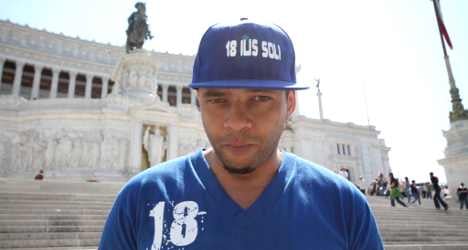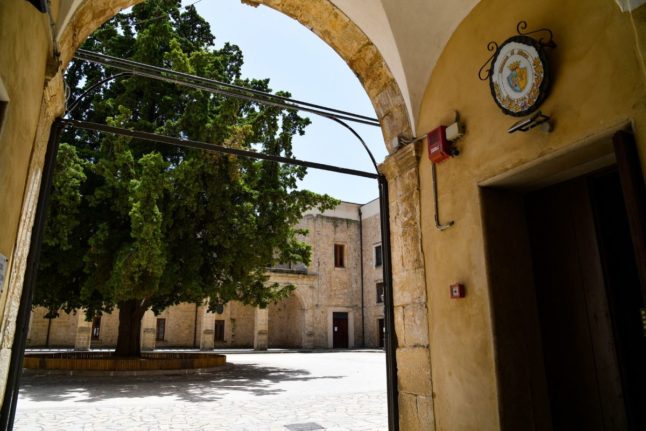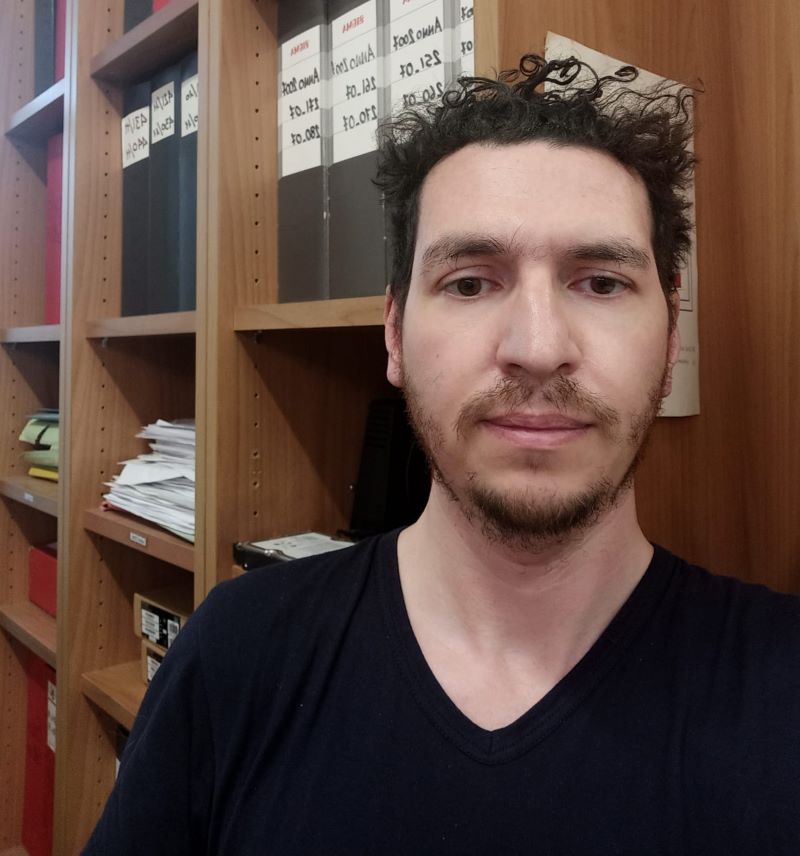Despite being born and raised in Italy, Kuwornu couldn’t become a citizen until he turned 18 because his parents are from Ghana.
Under Italian law, second-generation immigrants are not allowed to become citizens as children, a rule seen by many as outdated as the country plays host to a growing number of immigrant families. As of June 2017, the law is back in parliament and expected to be passed by the Italian Senate – but it faces fierce opposition from right-wing groups.
In its current form, the law affects 15 percent of babies born in Italy; 80,000 last year alone.
To give a voice to these second-generation immigrants, Kuwornu has made a film telling their stories and campaigning for the law to be changed.
“I wanted to make a documentary to talk about this problem and explain it, because this is a sensitive subject that affects a lot of people,” Kuwornu tells The Local.
“It's to help people see that the law should be changed,”
The film, called 18 Ius Soli – Latin for “right of the soil” – includes interviews with young people who consider themselves Italian but whose parents hail from other elsewhere.
“Eighteen is symbolic as for many people it’s a time when you can do a lot of things, but for children of immigrants, 18 represents a problem,” Kuwornu says.
While reaching adulthood brings independence as Italians go off to university or the workplace, Kuwornu says for people from immigrant families reaching 18 is a “worrying moment”.
Second-generation immigrants rely on their parents’ residency permits as children, but on hitting adulthood they must either successfully apply for citizenship or get their own permit to stay.
This renders people with foreign children “third-class citizens”, according to Kuwornu.
He argues that citizenship should be given to children of immigrants not at birth, but when they are six of seven years old. “This is because immigrants are all different; there are some who come here and leave after a few years,” says.
Such an approach could also pacify Italians who believe that giving citizenship to children of immigrants at birth would leads to an unmanageable influx of new migrants, putting a strain on services and society.
Approaches vary across Europe, with citizenship awarded to people born in the country at different ages and based on a number of conditions.
For example, a 2010 report found that six EU countries, including Germany and Ireland, gave babies citizenship if their parents had been residents for a number of years. Many other countries demand that second-generation immigrants wait until they are 18 or 19 before applying for citizenship, having met conditions such as completing a certain amount of school years.
In Italy, Integration Minister Cecile Kyenge sees citizenship as a right, one that should be bestowed on second-generation immigrants in order to ensure they have the same opportunities as their peers.
Having only been in the post since April, Congo-born Kyenge is yet to iron out the details of a new policy. For Kuwornu, her presence in parliament alone and her pro-citizenship agenda is a sign of progress.
“Having a minister with foreign origins is an important step for Italy. I think that there are few countries that have ministers with a foreign background, this is a very positive thing,” he says.
Kyenge has, however, faced a backlash against her policies by far-right groups, which have staged protests with violent undertones such as bloodied mannequins and nooses under an “immigration kills” slogan.
“Italians are very closed, but I don’t think they’re racist,” says Kuwornu, who in his lifetime has seen the country transformed into an increasingly plural society. He now hopes that, through his film, Italians will decide that this new reality should be recognized with a change in the law.
Watch 18 Ius Soli:
Don't miss a story about Italy – Join us on Facebook and Twitter.




 Please whitelist us to continue reading.
Please whitelist us to continue reading.
Member comments